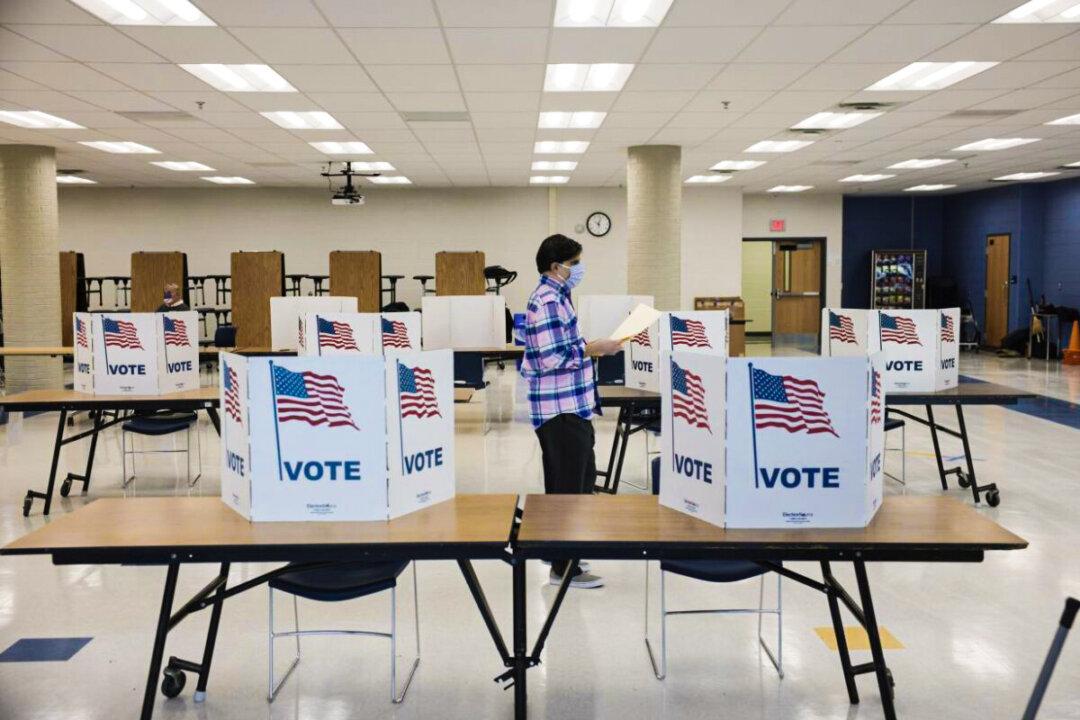Did Facebook money pay for training election staff at your polling place? In Pennsylvania, it depends on the county where you voted.
Now, Republican lawmakers aim to end that practice through House Bill 2044, sponsored by state Rep. Eric Nelson. It amends the Pennsylvania Election Code to prohibit county boards of election and the secretary of state from accepting any private donation for operating elections, employing staff, selecting, or equipping a polling place; or for use in voter education or outreach.





